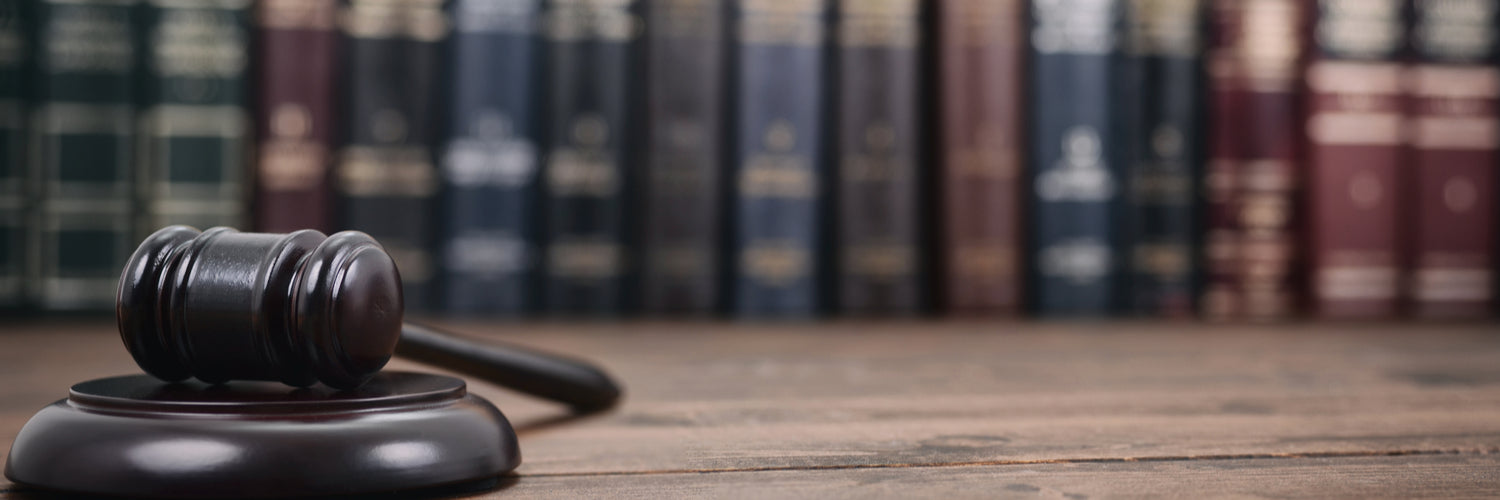Is CBD Legal?

Although marijuana, cannabis, and CBD have had much dispute about legality, many of the laws have changed and the cannabis plant has been explored in more detail in recent years. CBD, which refers specifically to cannabidiol, had not been legal in the US in the past, but the laws have changed recently. The 2018 Farm Bill has reversed some laws and allows some forms of CBD to be legal.
Previously, CBD and all hemp derivatives were listed as controlled substances alongside marijuana with the 1970 Federal Controlled substances act. This made all forms of cannabis illegal and listed as high potential for abuse. The 2018 Farm Bill differentiates marijuana from hemp, listing hemp as having below 0.3% THC content. This allows for CBD to be derived from hemp to be legal, while CBD derived from marijuana to still be federally illegal.
CBD is regulated by the Food and Drug Administration (FDA) and controls much of the labeling and regulation over CBD products. Specifically, the FDA is very strict about using CBD as a food additive or in dietary supplements. Based on the FDA regulations, CBD gummies or other edibles are technically illegal, but enforcement efforts of these laws have been limited.
Additionally, CBD products are required to contain a Certificate of Analysis (COA). This COA contains information about the product's chemical composition and is usually issued by an independent laboratory. The COA also states the cannabinoid percentages and possible contaminants- such as pesticides or heavy metals. Consumers should always review the COA before using CBD products for safety.
States are allowed to regulate the CBD distribution within their state. Sometimes these laws may be more strict while other states follow alongside the federal guidelines. Some exceptions include Nebraska and South Dakota, which do not allow CBD products even when derived from hemp. Although the federal laws prohibit marijuana based CBD, 12 states currently distribute CBD products that may also have high THC content. Some of these states may require medical prescriptions while others do not.
Many of the laws concerning CBD are state specific, so it is important to understand the laws in your state before buying CBD. Additionally, make sure you understand the contents of the CBD you ingest, as different CBD brands will have different methods of processing their product. This is why it is important to always check the COA before buying CBD and to know what exactly you are taking.
